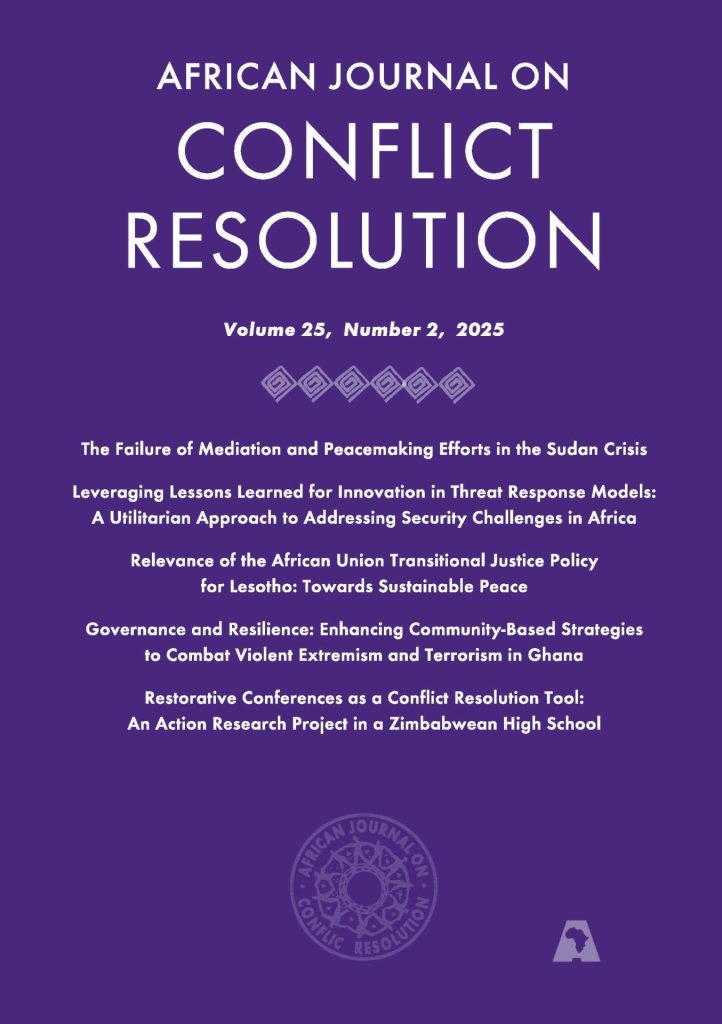
Tag: Terrorism


Governance and Resilience: Enhancing Community-Based Strategies to Combat Violent Extremism and Terrorism in Ghana
Abstract This paper presents a contextually grounded analysis of governance and community-based strategies for preventing violent extremism and terrorism in Ghana, a country situated at the intersection of regional insecurity
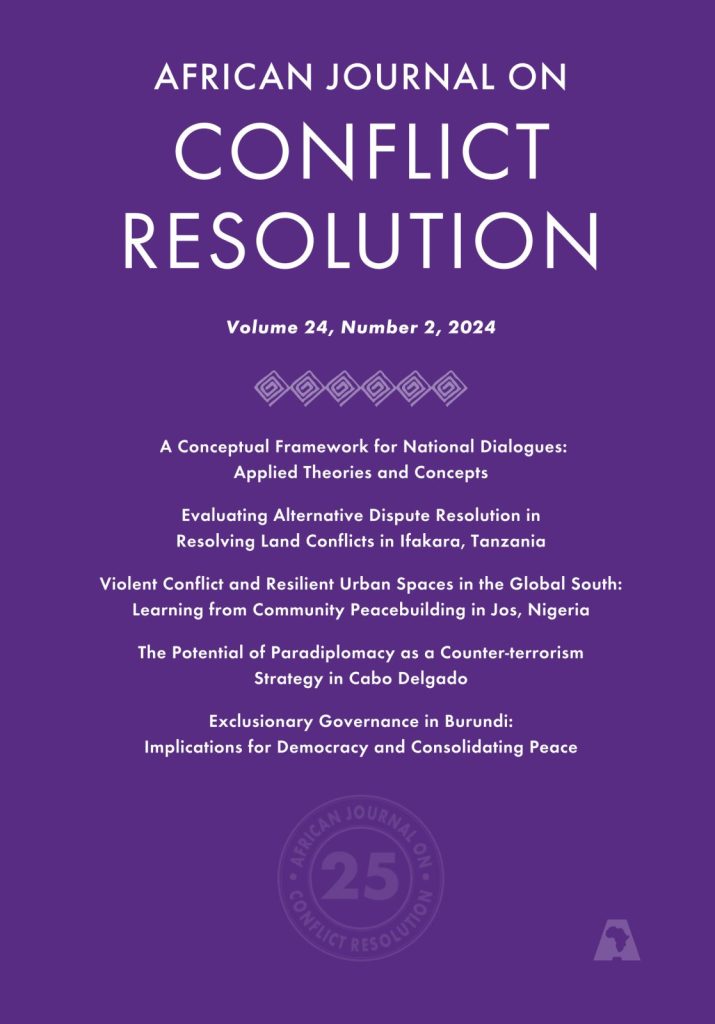
The Potential of Paradiplomacy as a Counter-terrorism Strategy in Cabo Delgado
This paper discusses and proposes paradiplomacy and community engagement as instruments of stabilising Cabo Delgado.
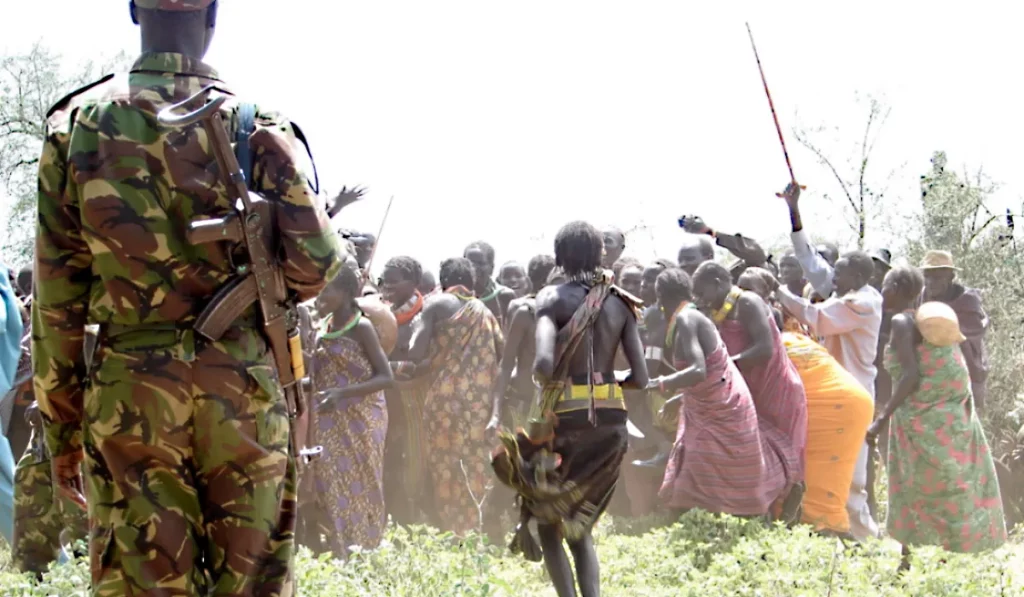
Violent extremism, climate change and human security
There are now many in the African region identifying current evidence on the nexus between climate fragility and vulnerability to violent extremism.
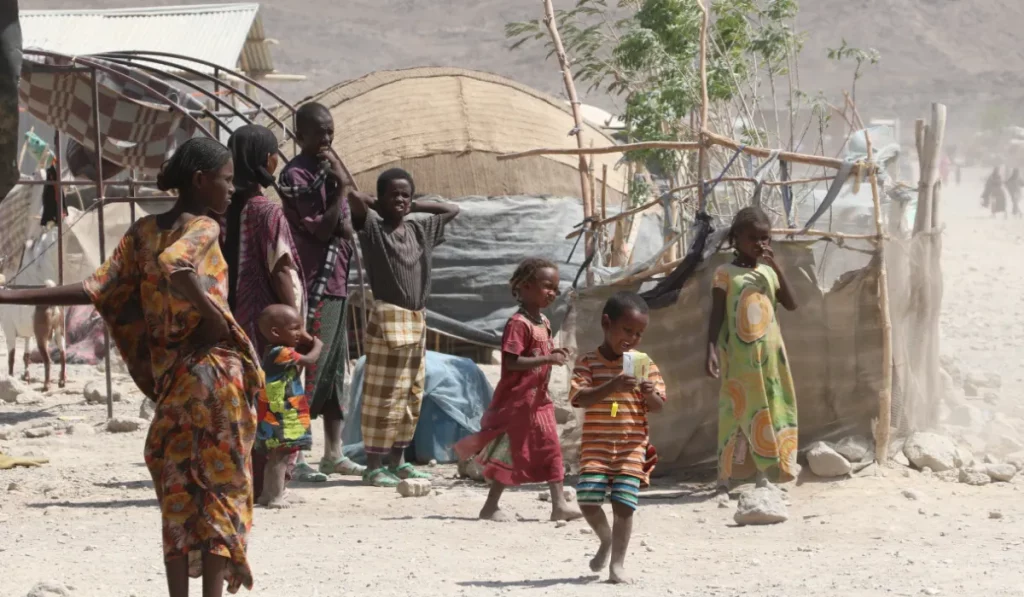
Conflict & Resilience Monitor – 30 June 2024
We begin this month’s Monitor with an article from Tom Wuchte and Rehema Zaid who write about the nexus between terrorism and climate change on the African continent. The article
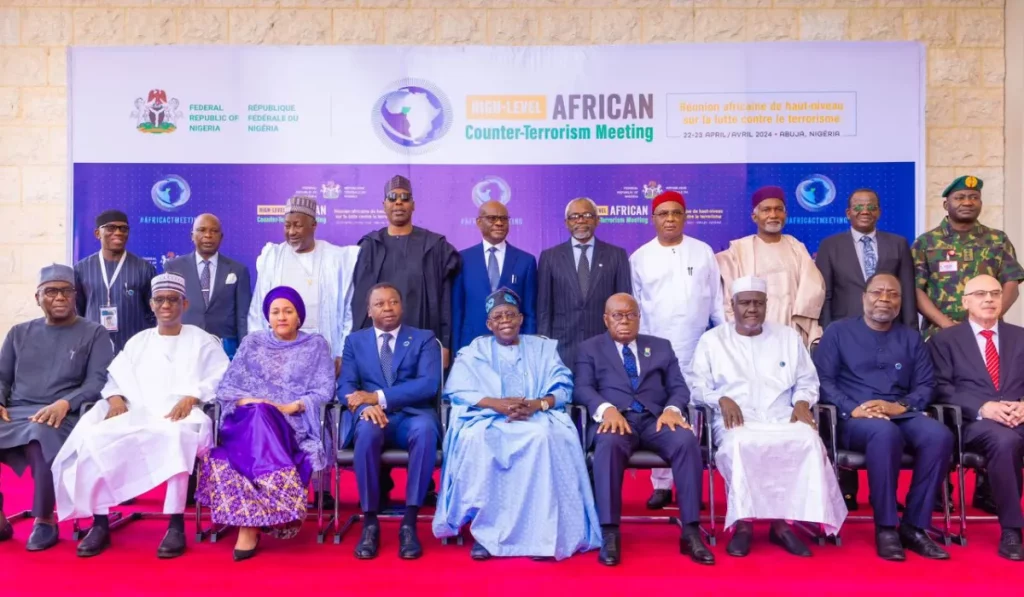
A multilateral response to terrorism in Africa
On 22-23 April 2024, the Government of the Federal Republic of Nigeria in partnership with the United Nations Office of Counter-Terrorism (UNOCT) hosted a High-Level meeting on ‘Strengthening Regional Cooperation
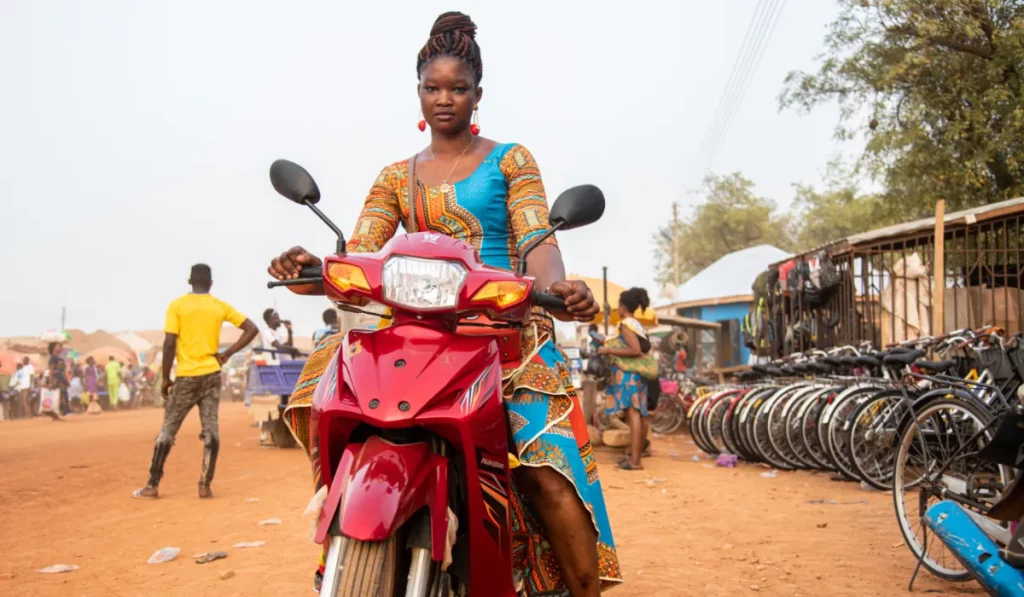
Understanding armed violence in Bawku: Exploring links with terrorism and its drivers
This article delves into the complex relationship between armed violence in Bawku and the drivers of armed conflict and its potential links with terrorism.

The ruralisation of violence and the criminalisation of conflict in Nigeria
This article interrogates to what extent rural spaces are affected by criminal recruitment and the perpetuation of violent conflict and crime.
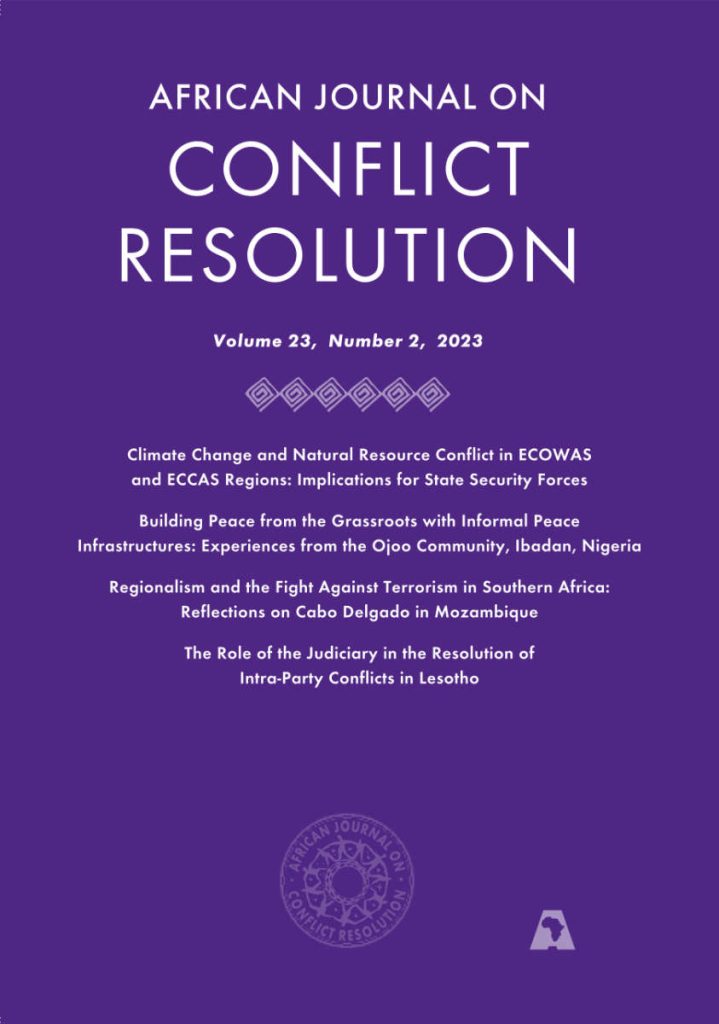
Regionalism and the Fight Against Terrorism in Southern Africa: Reflections on Cabo Delgado in Mozambique
Abstract Post-independence Africa has often depicted Southern Africa as a formidable region spared by the calamities of Islamic insurgencies and terrorism. However, unfolding events in the last five years have
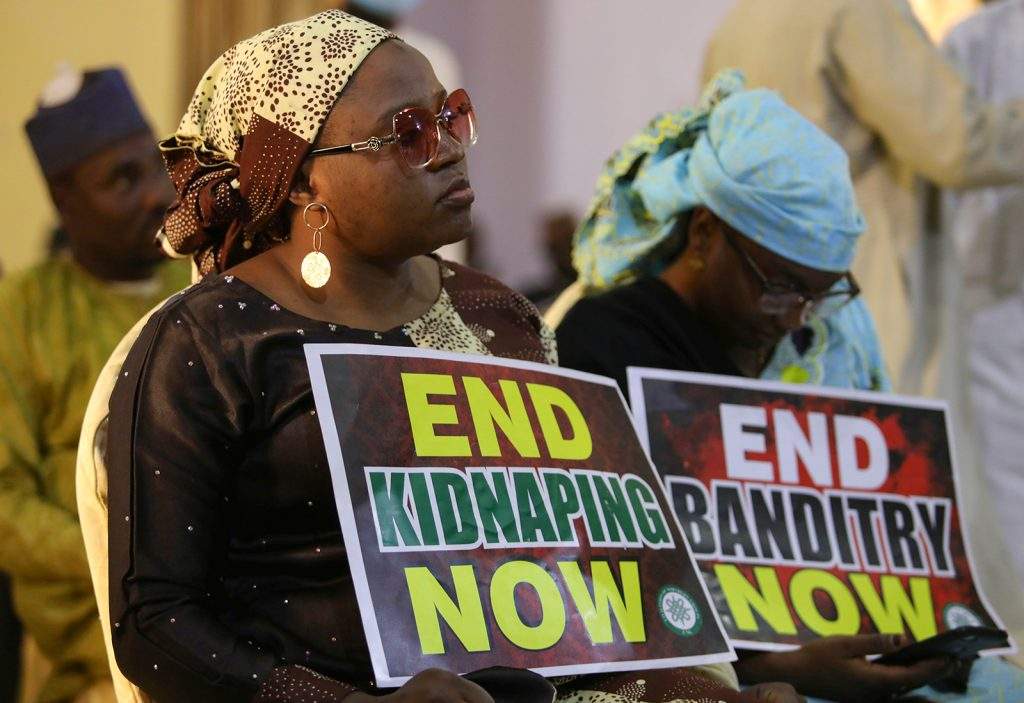
From Terrorism to Banditry: Mass Abductions of Schoolchildren in Nigeria
The ongoing crises of mass abductions of children in Nigeria challenges a reevaluation of responses by the government.
